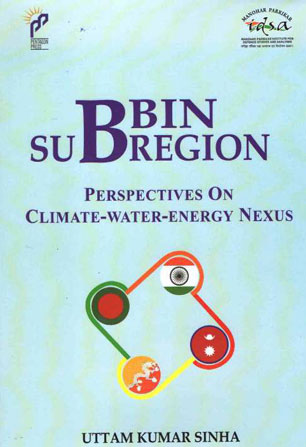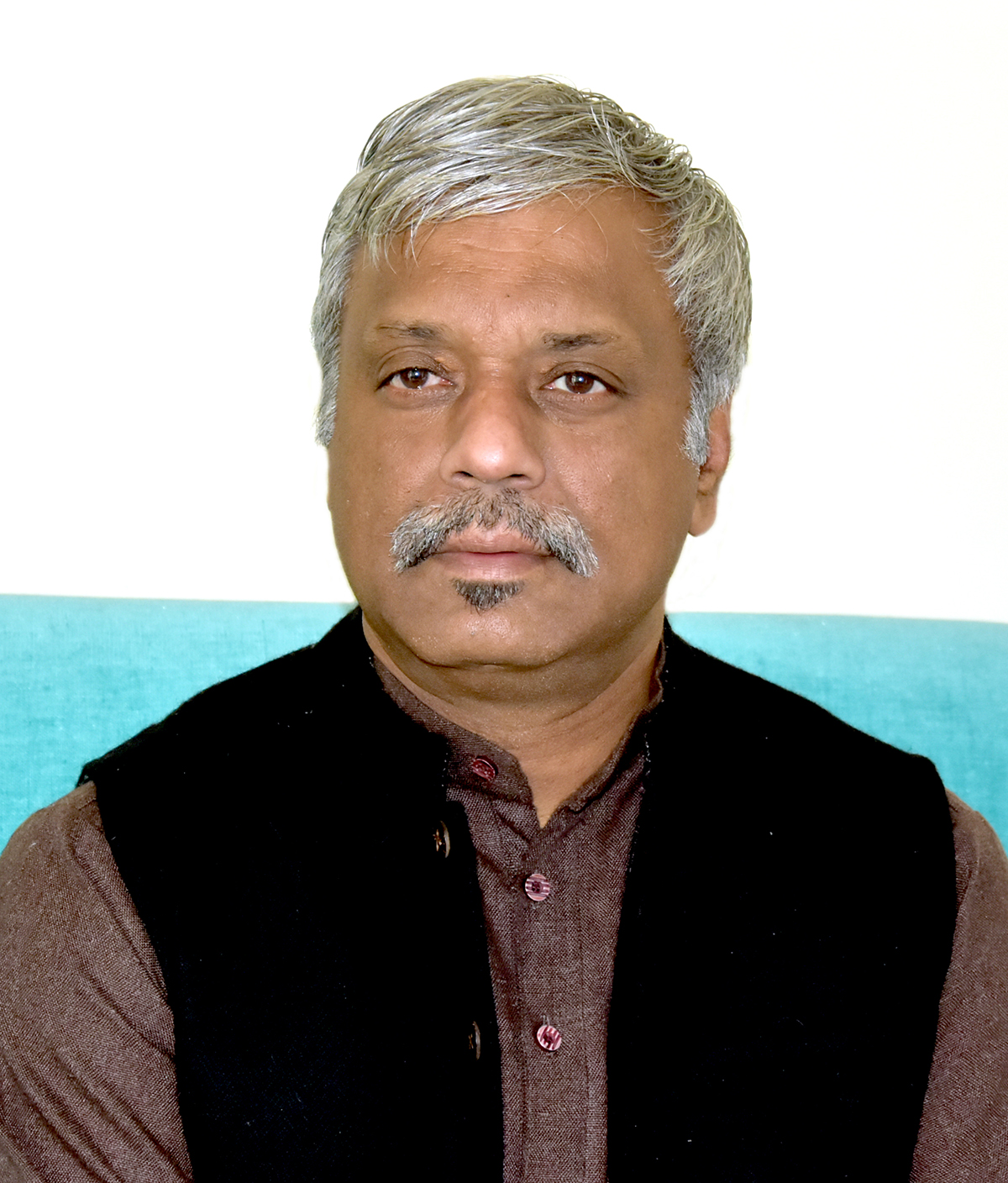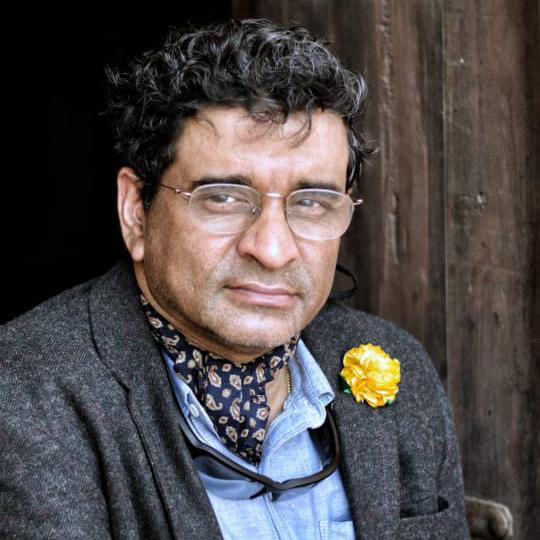Equity Oil and India’s Energy Security
While the efforts of ONGC-Videsh and Indian Oil Corporation are laudable, there is still some distance our firms have to travel to catch up with global competition. I urge our oil and gas PSUs to think big, think creatively and think boldly in this context…They have to be more fleet-footed in making use of global opportunities, both on the supply and demand side, I find China ahead of us in planning for the future in the field of energy security. We can no longer be complacent and must learn to think strategically, to think ahead and to act swiftly and decisively.
- Shebonti Ray Dadwal , Uttam Kumar Sinha
- July 2005











